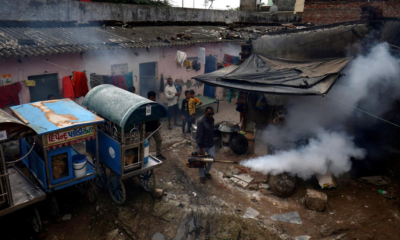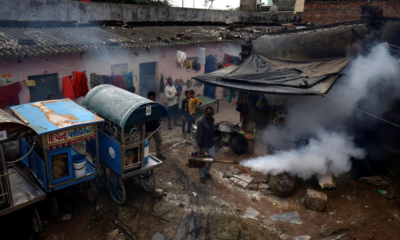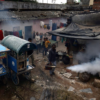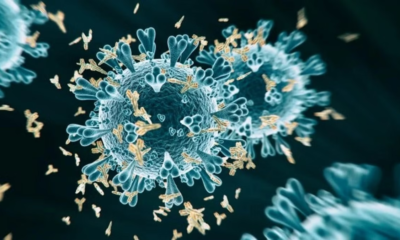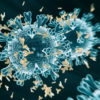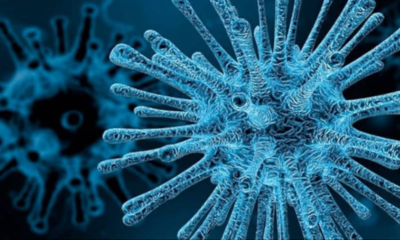The Ministry of Health and Family Welfare (MoHFW) announced on Thursday that Gujarat has been experiencing an outbreak of Acute Encephalitis Syndrome (AES) among kids under 15 years old since early June 2024.
Official Statistics on Acute Encephalitis Syndrome:
As of July 31, 2024, a total of 148 AES cases have been reported:
- Gujarat: 140 cases from 24 districts
- Madhya Pradesh: 4 cases
- Rajasthan: 3 cases
- Maharashtra: 1 case
Among these cases, 59 have resulted in fatalities. Chandipura virus (CHPV) has been confirmed in 51 of the cases.
Response and Coordination:
The situation was reviewed in a meeting on Thursday involving:
- Director General of Health Services (DGHS)
- Director of the National Center for Disease Control (NCDC)
- Director General of the Indian Council of Medical Research (ICMR)
- MD NHM of Madhya Pradesh
- Integrated Disease Surveillance Program (IDSP) units
- Regional offices of Health and Family Welfare from Rajasthan, Maharashtra, and Gujarat
- NJORT members from NIV, NCDC
- Faculty from NCDC, ICMR, and the National Center for Vector Borne Diseases Control (NCVBDC)
Public Health Initiatives on Acute Encephalitis Syndrome:
Since July 19, there has been a noticeable decrease in the daily reported new cases of AES. In response, Gujarat has implemented several public health initiatives, including:
- Insecticidal spraying for vector control
- Information and education campaigns
- Training for medical personnel
- Ensuring timely referrals to specialized facilities
Support from the National Joint Outbreak Response Team (NJORT):
To support Gujarat’s efforts, a National Joint Outbreak Response Team (NJORT) has been deployed to assist with public health initiatives and conduct a thorough epidemiological investigation. Additionally, a joint advisory from NCDC and NCVBDC is being issued to guide neighboring states experiencing AES cases.
About Chandipura Virus:
Chandipura virus (CHPV), part of the Rhabdoviridae family, is known to cause sporadic cases and outbreaks primarily in western, central, and southern regions of India, especially during the monsoon season. It is transmitted through vectors like sand flies and ticks.
Preventative Measures and Impact:
Preventative measures include:
- Vector control
- Maintaining hygiene
- Raising awareness
The virus predominantly affects children under 15 and can lead to a febrile illness that may escalate to convulsions, coma, and potentially death.
There is no specific treatment for CHPV; management focuses on symptomatic care. Prompt referral of suspected AES cases to specialized facilities can enhance treatment outcomes.
Get all the latest news on Indian daily post














